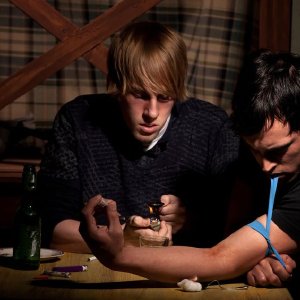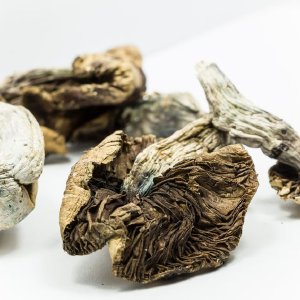Is Your Family Member Struggling With Opiate Dependence

According to the National Institute on Drug Abuse, somewhere between twenty-six to thirty-six million people in the world are struggling with opiate dependence problems. Unfortunately, many of these individuals were introduced to opiates through legal prescription painkillers that were recommended to them by a trusted medical professional. Even more unfortunate is the fact that individuals who are suffering from opiate dependence often become expert at hiding it from others, even the family members who love them. These individuals will continue to go about their normal lives in a way that can convince others around them that they are just fine. However, if one looks very closely and carefully, they will be able to determine whether their loved one is opiate dependent and needs help.
Signs a Family Member is Opiate Dependent
The longer a family member struggles with opiate dependence, the harder it will be for them to hide the signs, which often include:
- Drowsiness. Since opiates are depressant drugs, they slow the individual’s heart rate and respiration and cause them to become abnormally drowsy. You may notice your family member is nodding off in the middle of conversations, at the dinner table or while watching television.
- Sleep changes. While it is normal for a healthy individual to occasionally encounter mild problems that change their sleep patterns, it is not normal for them to sleep for long periods of time for a few days, then very little or not at all for a few days, and so on back and forth. These more abrupt and dramatic sleep changes can be related to opiate dependence, as the use of opiates can cause them to sleep longer and more deeply and lack of opiates can cause insomnia and restlessness.
- Poor hygiene. When an individual becomes opiate dependent they tend to neglect their hygiene and appearance, wearing wrinkled, dirty clothes, and failing to properly clean and groom their hair and body.
- Persistent flu-like symptoms. Opiate dependence can carry with it undesirable withdrawal symptoms that can seem flu-like in nature and include nausea, fever, and headache. These withdrawal symptoms can turn on a few hours after an individual’s last use of opiates.
- Sudden and dramatic weight loss. Opiates can cause metabolic changes in and of itself, but there is also the fact that an individual who is dependent upon opiates will pay less attention to eating well and more attention to obtaining and using more opiates.
- Changes in general energy levels and exercise habits. Depressant drugs like opiates can cause the individual to feel lethargic, and they will exhibit low energy levels on a regular basis. In fact, it is not unusual for an opiate dependent to abandon their normal exercise habits altogether.
- Financial problems. Opiate dependence is an expensive problem to maintain, and an individual who struggles with it may encounter financial problems as a result.
- Theft of personal property. In order to continue financing their opiate dependence, an individual will often steal personal property--even from family members and friends--that they can sell in order to buy more opiates.
- Troubles at work. The individual may suddenly begin to experience an unusual amount of trouble at work, such as excessive lateness and absences, missed deadlines, and more.
What You Should Do to Help
If you suspect or know that a family member is struggling with opiate dependence, the one thing you should not do is nothing at all. Some family members struggle to come to terms with their loved one’s drug abuse and between the despair, anger, and fear they can foster the small, desperate hope that the individual himself will reach out for help when he’s “ready.” Unfortunately, by failing to render the help the individual needs, family members may actually be enabling their continued drug use. Here are the basic things you should do to help a family member who is struggling with opiate dependence:
- Educate yourself in the truth about opiate dependence, its effects and what must be done for an individual to successfully and completely recover from it.
- Let them know that you know about their problem and that while you are willing to help them get treatment, you will not support their continued drug use.
- Speak with a professional addiction specialist to learn more about treatment options and what you can do to support your loved one in treatment.
- Offer your loved one a treatment solution that you have verified achieves good results.
- Support your loved one throughout their recovery, encouraging them to push through any and all challenges they encounter along the way.
Opiate dependence can and has been successfully and fully resolved time and time again. The key is to take immediate and quick action to get the individual the help they need. If you have a family member who is struggling with opiate dependence problems, contact Narconon Arrowhead today.


